
‘I Know That Unequivocally Is Not True’: Stephen A. Told Cari Champion I Made You Why Would I Play You, But Jemele Hill Says It Wasn’t Like That
Stephen A. Smith recently used his podcast Straight Shooter to publicly air grievances against former colleagues Michelle Beadle and Cari Champion — pushing issues about legacy, credit, and portrayal in the media into the spotlight. (Source: New York Post)
The Trigger
The drama ignited when Beadle, in an on-air podcast appearance, revealed that she “prays for [Smith’s] downfall” following his endorsement deal with a mobile gaming company—which she claimed was ethically questionable. (Source: New York Post)
Shortly thereafter, Champion entered the fray via social media, referencing past controversies involving Smith. In a video, she recalled being penalised on the show First Take when Smith made remarks tied to the Ray Rice domestic-violence case. Champion questioned Smith’s consistency, asking:
“Do you have that same smoke for [Beadle] that you have for [others]?” (Source: Hindustan Times)
Smith’s Response
On his podcast, Smith answered hard. To Beadle he said:
“You wanted my attention, you got it… I don’t know you.” (Source: New York Post)
To Champion, his tone was more intense:
“I’ve shown you nothing but love. What are you talking about? You were hired at ‘First Take’ in large part because of me.” (Source: Awful Announcing)
Smith went on to claim he essentially helped Champion’s career, saying she couldn’t have reached that show without his support. That line of argument, he admitted, is central to how he felt wronged. (Source: Vibe)
Champion Pushes Back
Champion didn’t stay silent. On her own platform, she contested Smith’s narrative, saying she worked hard long before he intervened. She took issue with him positioning himself as the benefactor of her career and asserted that someone else — one Gerry Matalon — was responsible for her move to ESPN. (Source: Awful Announcing)
Context and Legacy Issues
This is not just about personal slights. It taps into broader questions about media power dynamics, who gets credit for whom, and how careers of women and people of colour are framed in sports broadcasting. Champion recalled times on First Take when she felt ignored or dismissed by Smith and another co-host. (Source: Hindustan Times)
Meanwhile, Smith’s past controversies add another layer: his 2014 comments about Ray Rice’s domestic-violence case sparked public outcry and are still referenced by his critics. (Source: TIME)
What This Means Going Forward
Smith’s decision to confront these former colleagues publicly signals that he considers the matter serious — not just a minor dispute. He is unwilling to let this narrative go unchecked. At the same time, Beadle and Champion’s willingness to call him out shows how grievances that were once internal or behind-the-scenes are now playing out openly in media.
Given the visibility of all three figures in sports media, this feud will likely have ripple effects: it could influence how networks manage talent relationships, how public figures talk about each other, and how credit and agency are distributed in media careers.
News in the same category

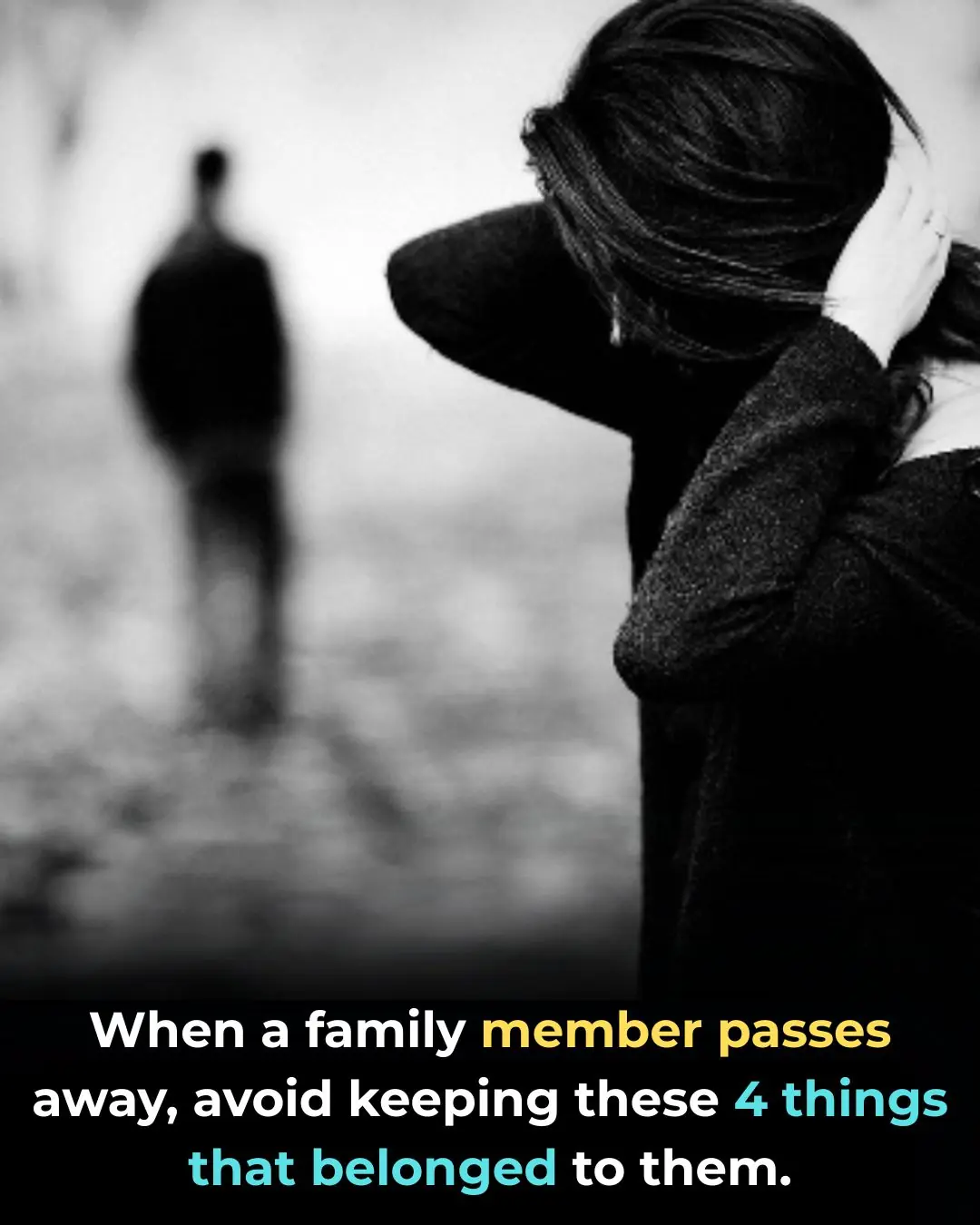
4 things you shouldn't keep
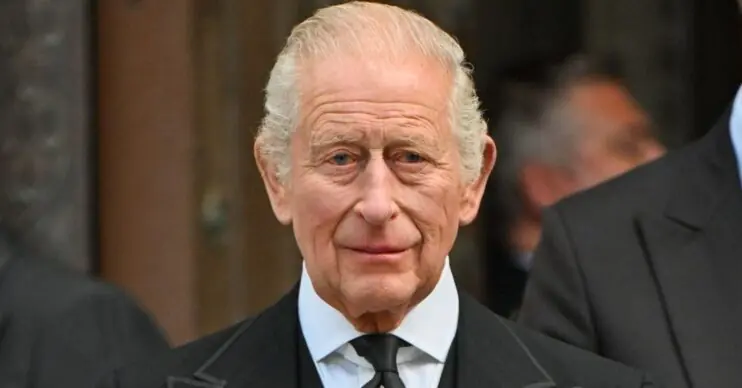
Predictions made about King Charles’ future with whispers of ‘conflict’ as he celebrates his birthday
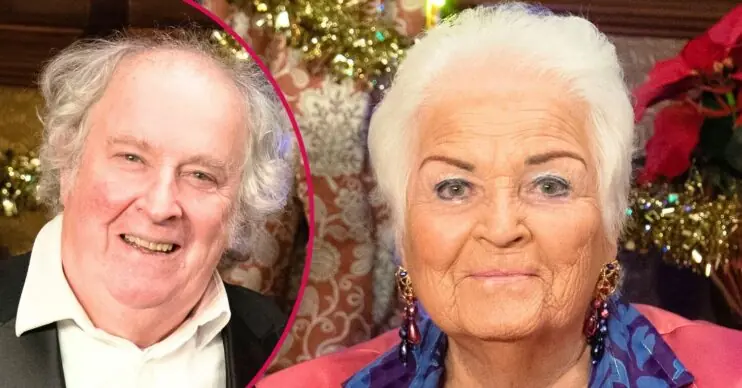
EastEnders icon Pat Evans to return as Nigel’s dementia symptoms worsen
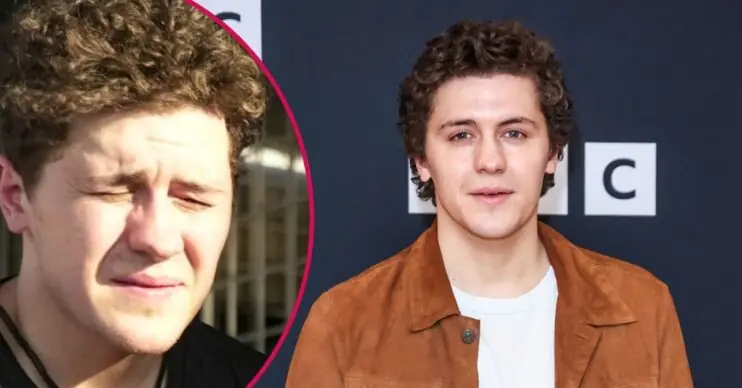
Celebrity Race Across The World’s Dylan Llewellyn comforted by Roman Kemp after revealing brother James’ heartbreaking death
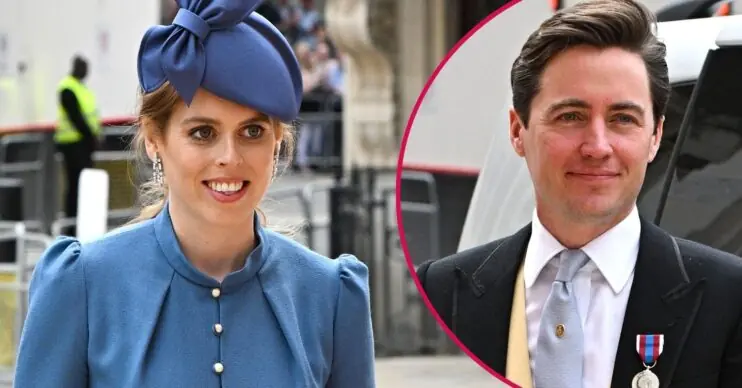
Princess Beatrice hosts poignant premature birth charity event with support of her husband Edoardo
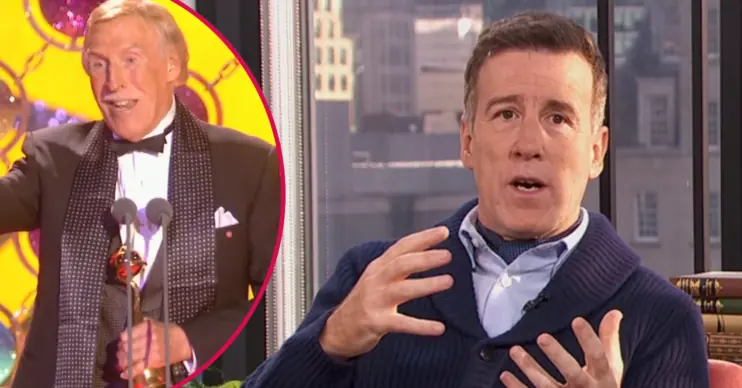
Anton Du Beke pays tribute to Strictly co-star in emotional Morning Live interview: ‘Always my hero’
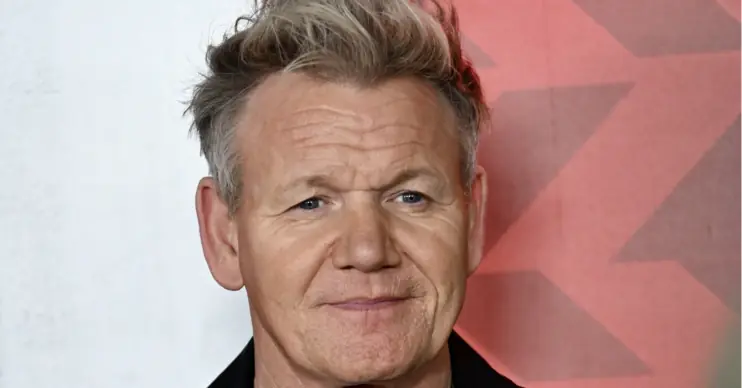
Gordon Ramsay shares update after revealing skin cancer diagnosis: ‘It was a scare’
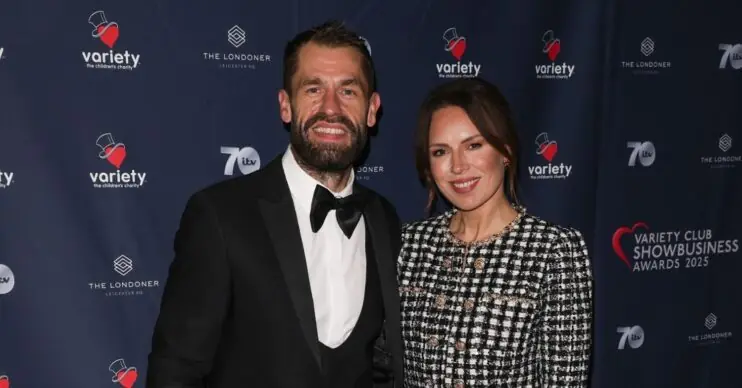
Kelvin Fletcher and wife Liz share Fletchers’ Family Farm update as they admit they’re ‘expecting’ little lambs
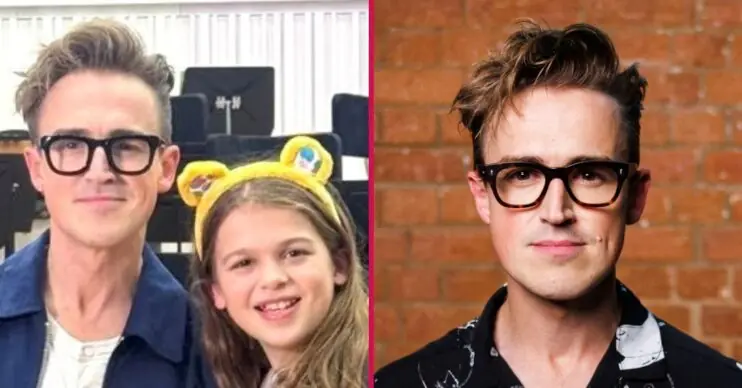
Tom Fletcher and son Buzz’s Children in Need duet airs for first time and leaves fans in tears
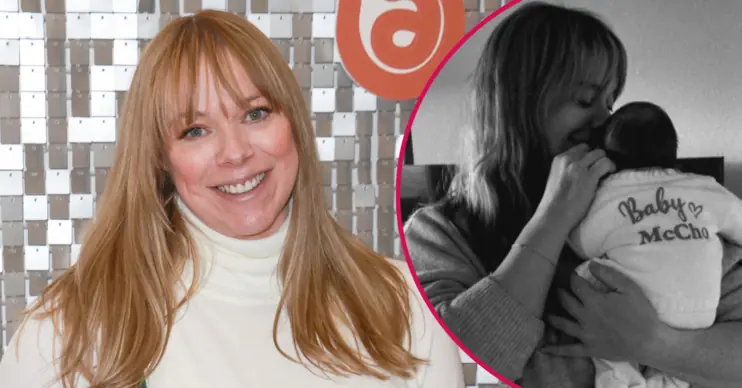
Atomic Kitten star Liz McClarnon shares first pictures of miracle baby: ‘We’ve waited a long time for this’
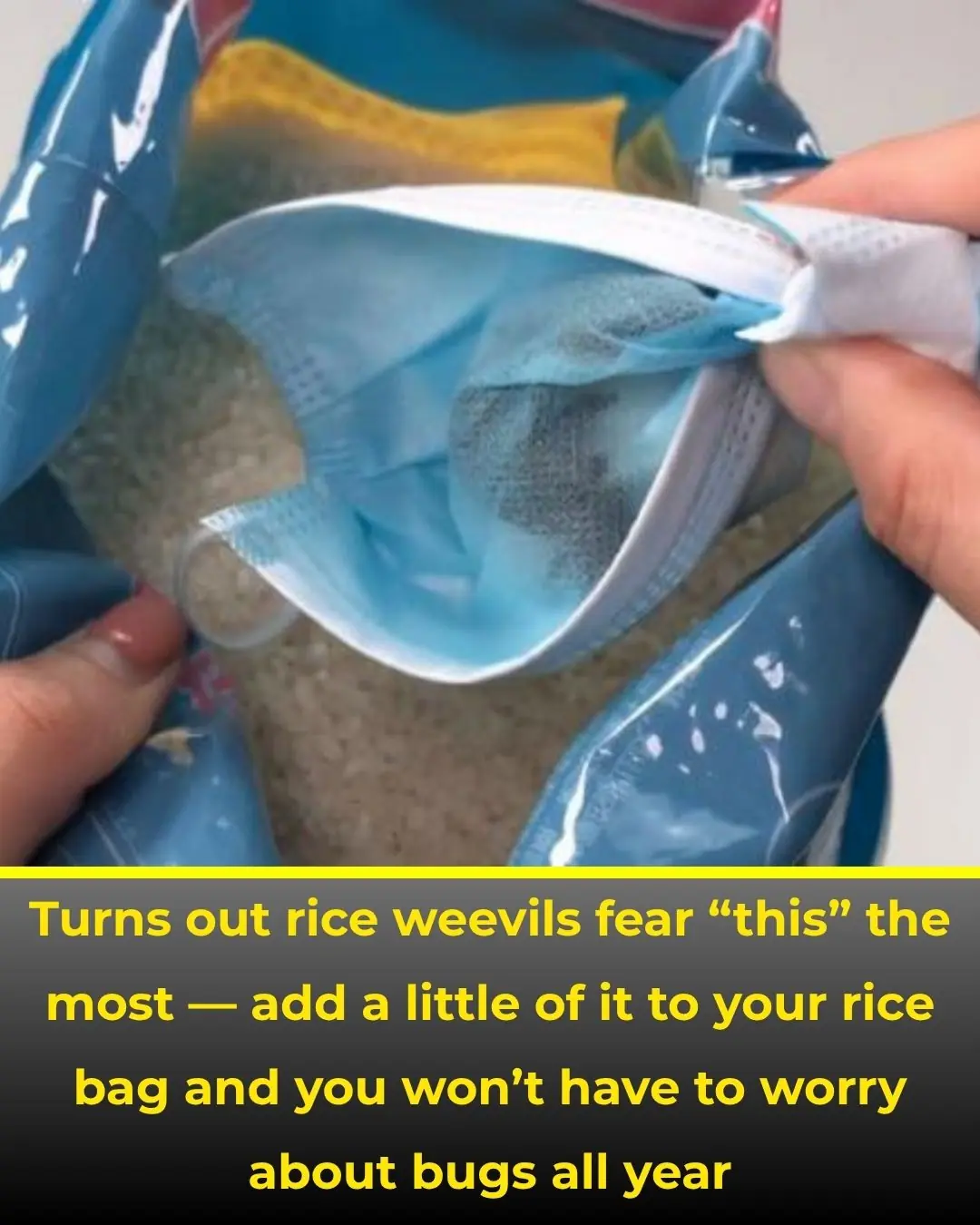
It Turns Out Rice Weevils Fear This the Most — Put a Little in Your Rice Bag and You Won’t Worry About Pests for a Whole Year

No way, I was so out of the loop here
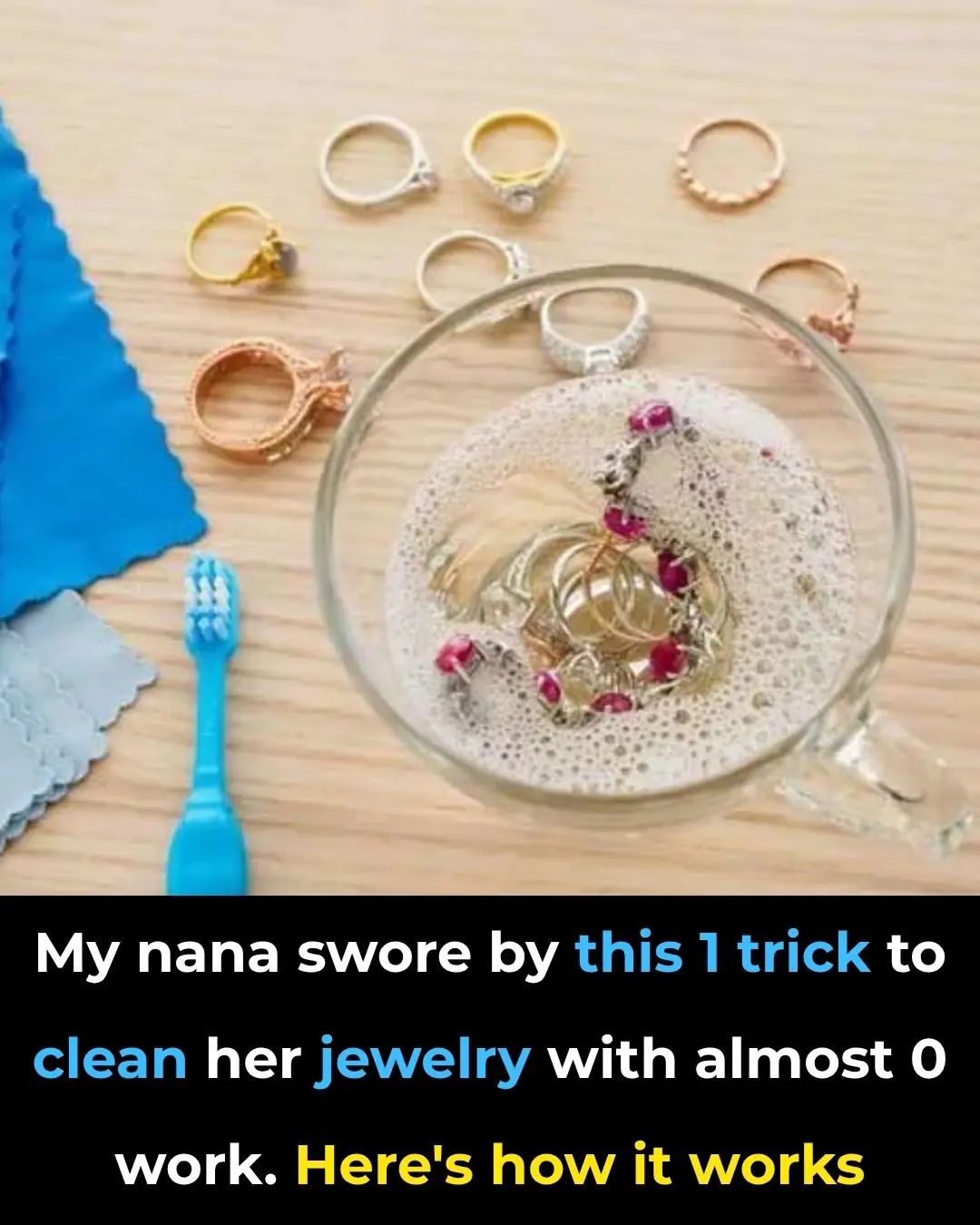
Tried this the other day and it did wonders!

10 Odd Home Fixes You’ll Wish You Learned Years Ago

I Never Knew This!
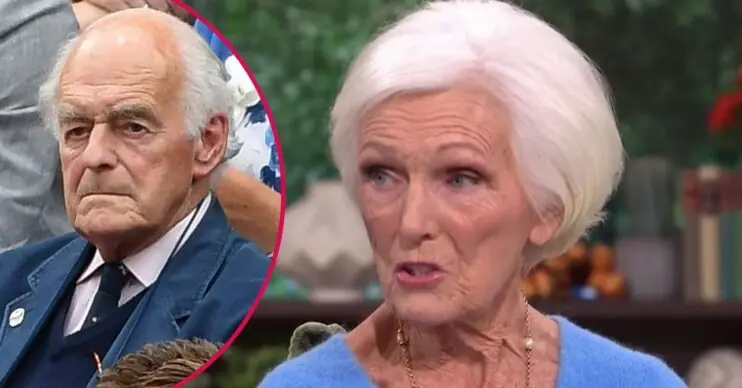
Mary Berry issues sad update on ‘terribly frail’ husband after horror accident at home
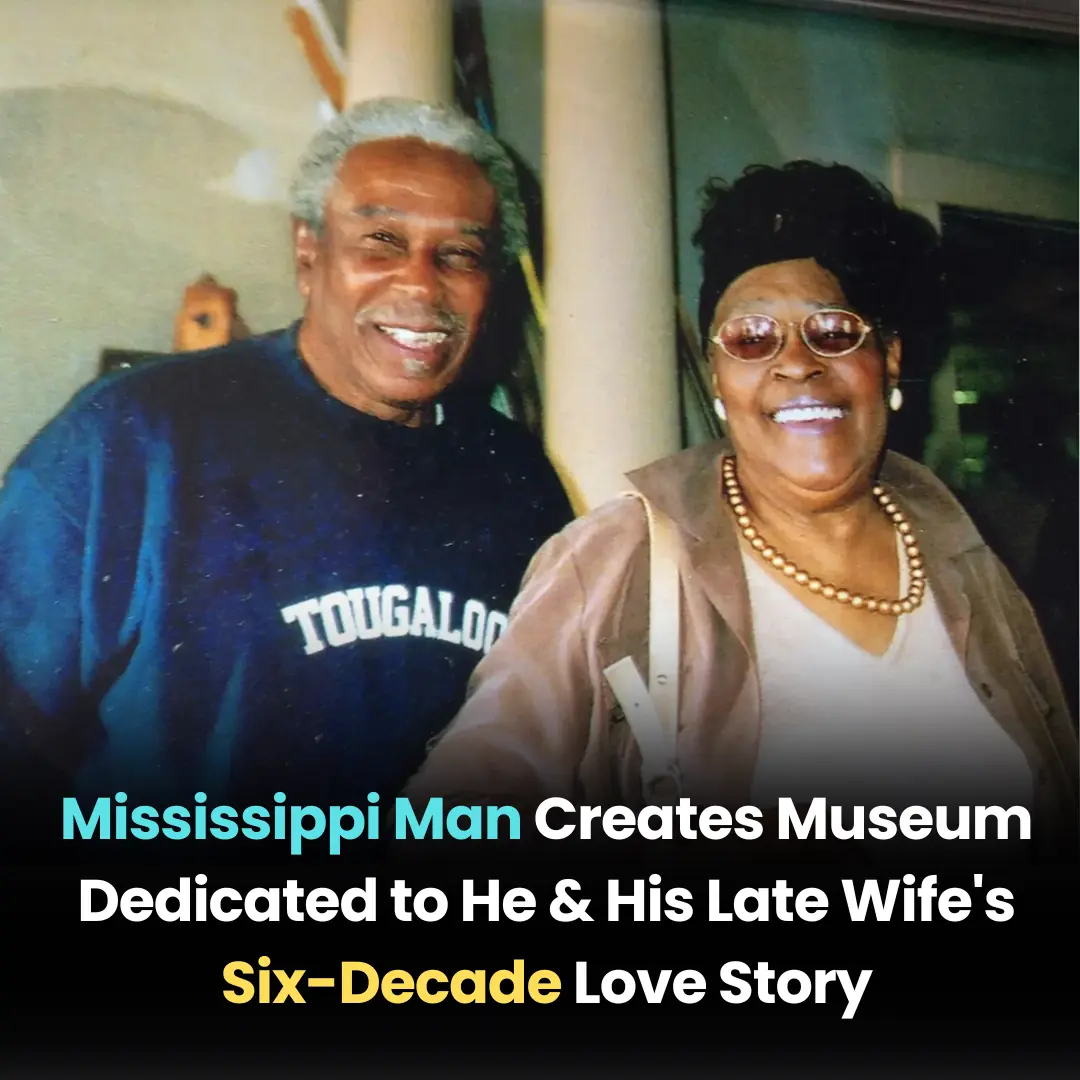
Mississippi Man Creates Museum Dedicated to He & His Late Wife’s Six-Decade Love Story
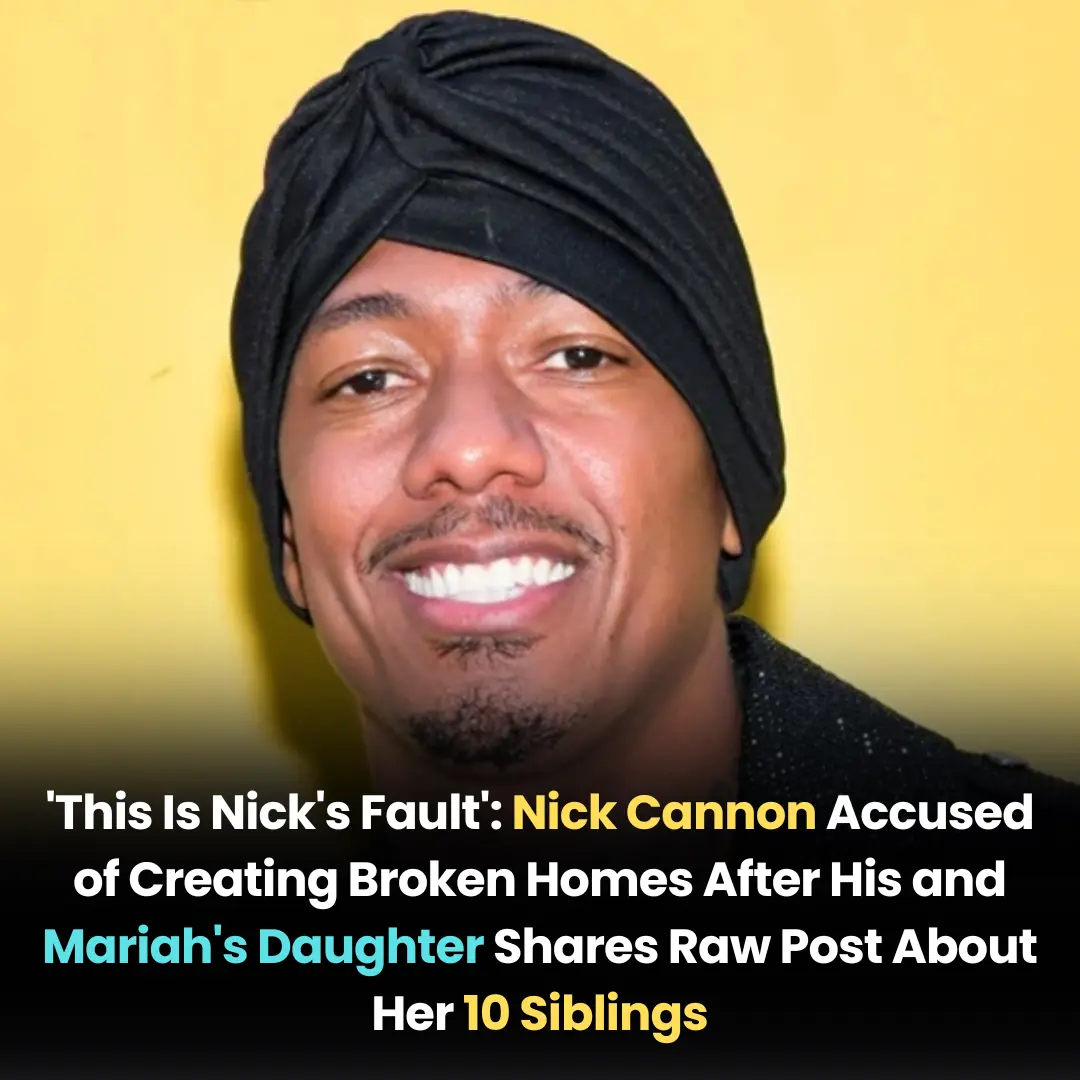
‘This Is Nick’s Fault’: Nick Cannon Accused of Creating Broken Homes After His and Mariah’s Daughter Shares Raw Post About Her 10 Siblings
News Post

Kidney doctor reveals 9 everyday medications that could be silently destroying your kidneys!

Don’t Toss That Tuna Can

4 things you shouldn't keep

Predictions made about King Charles’ future with whispers of ‘conflict’ as he celebrates his birthday
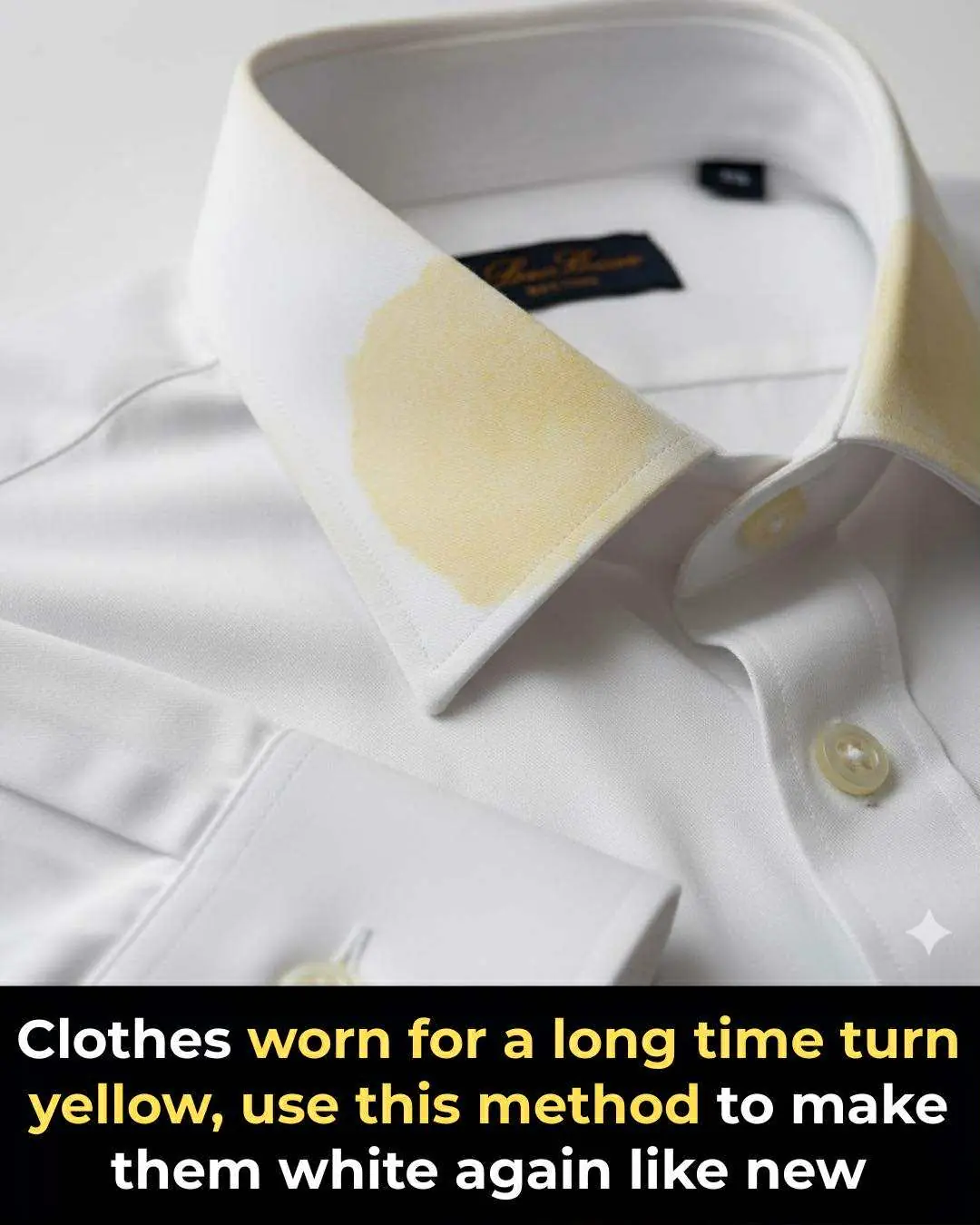
Clothes worn for a long time turn yellow, use this method to make them white again like new
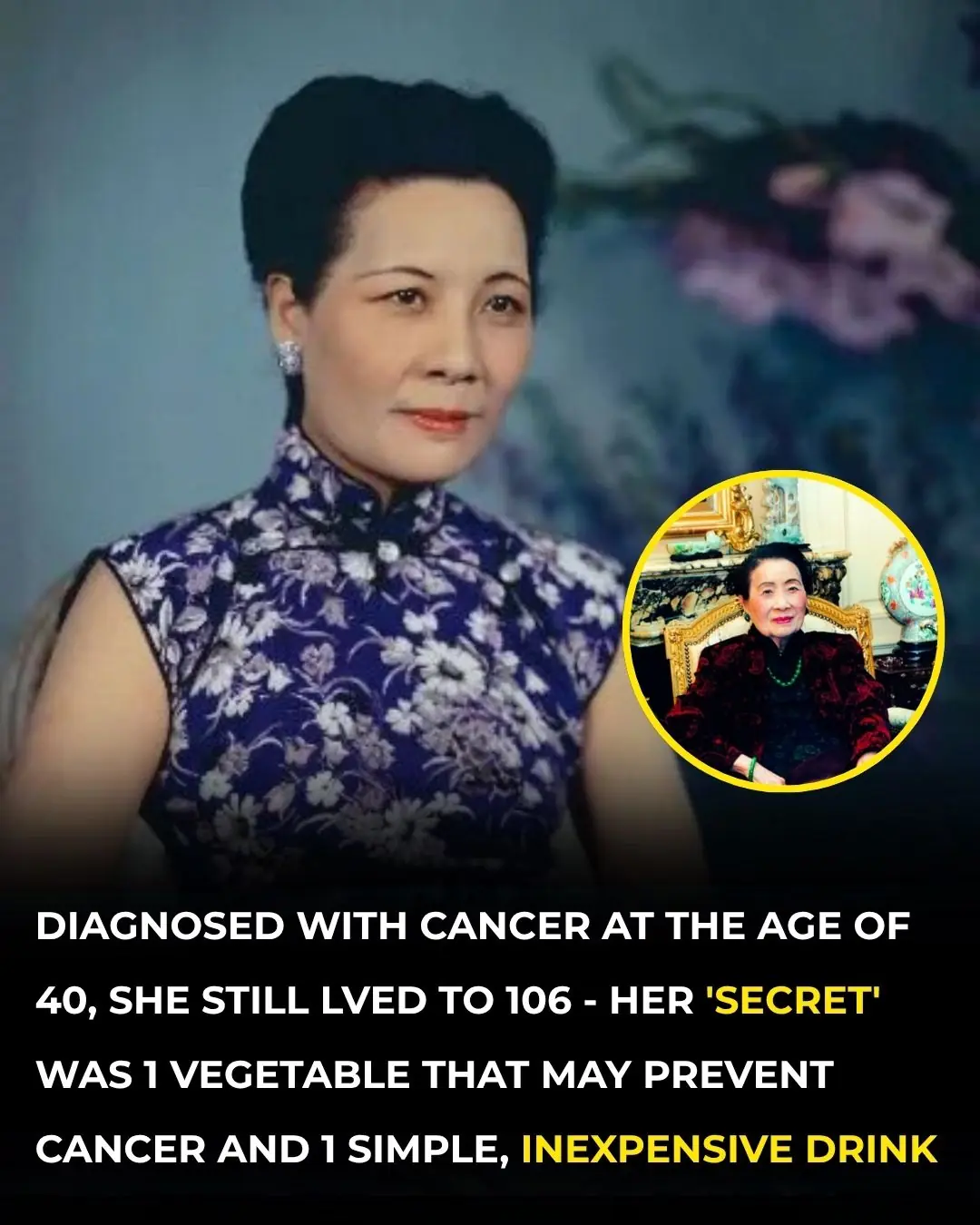
A legacy of health: Soong Mei-ling – longevity and fight against cancer

EastEnders icon Pat Evans to return as Nigel’s dementia symptoms worsen

Celebrity Race Across The World’s Dylan Llewellyn comforted by Roman Kemp after revealing brother James’ heartbreaking death

How to remove fishy smell in the refrigerator with simple ingredients

Princess Beatrice hosts poignant premature birth charity event with support of her husband Edoardo

It only takes 5 minutes to plant green onions in the core of toilet paper, saving you money all year round.

Whatever you fry, just add 1 spoon of this powder to the pan, no oil will splatter, the food will be golden brown and crispy.
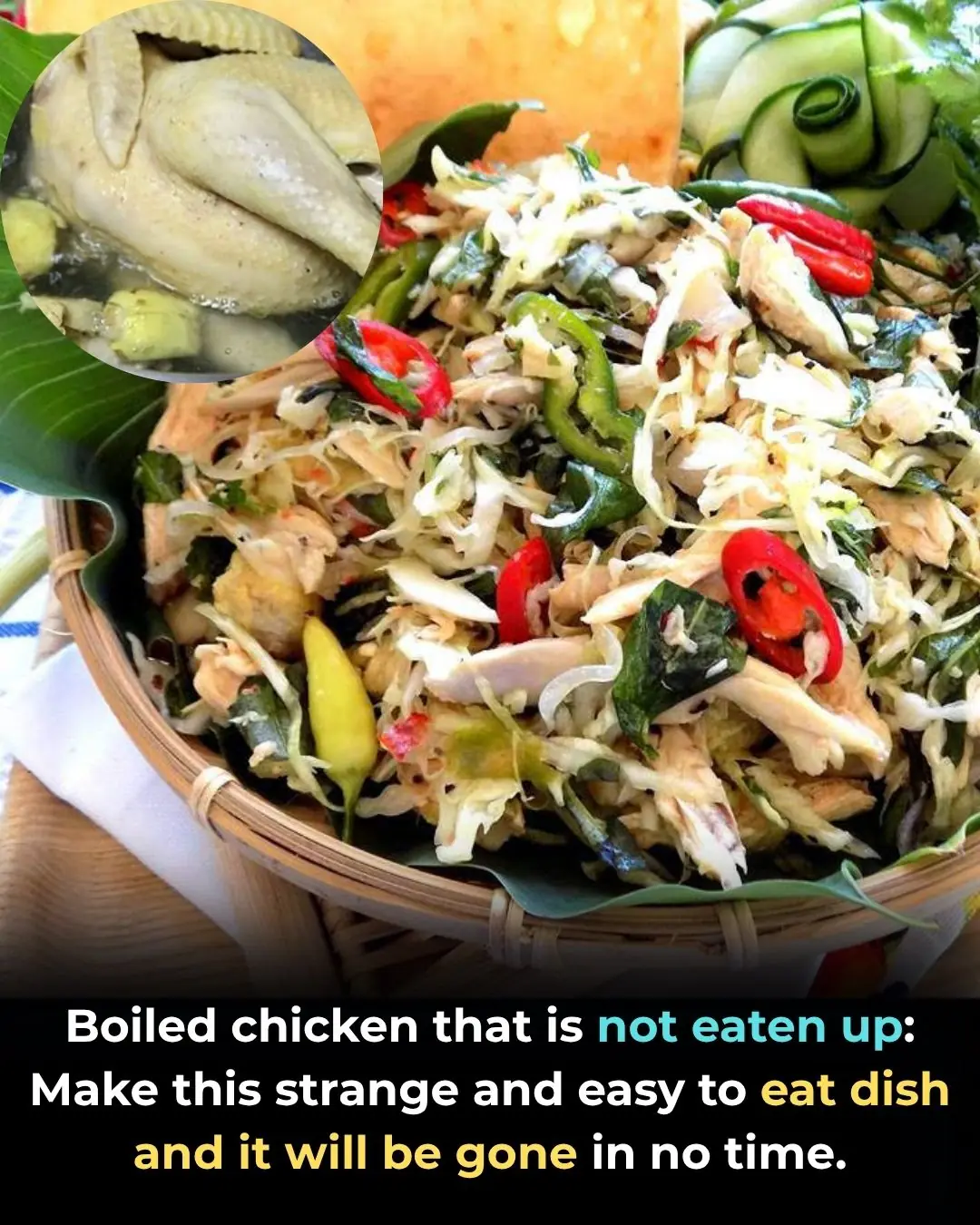
Boiled chicken that is not eaten up: Make this strange and easy to eat dish and it will be gone in no time.
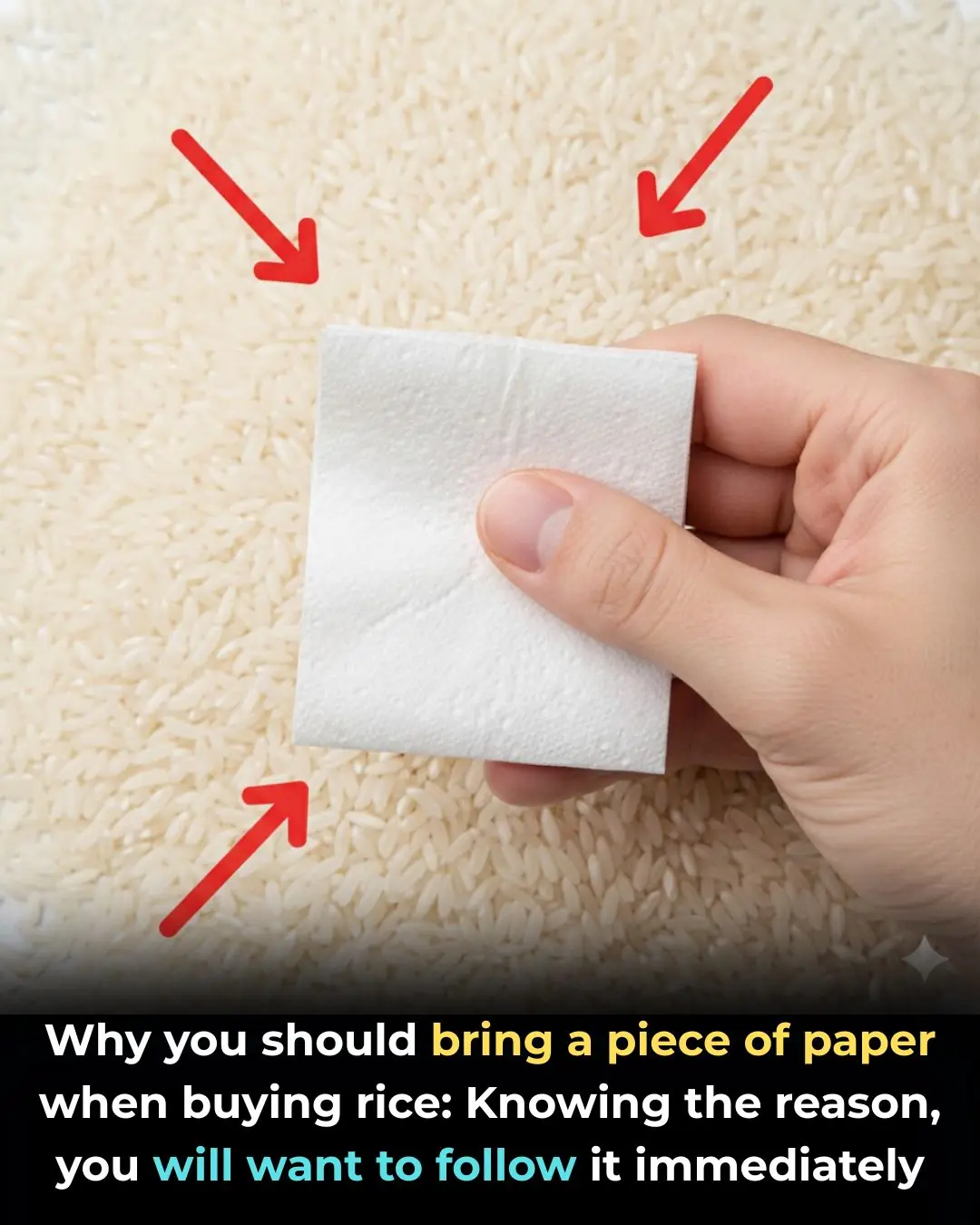
Why you should bring a piece of paper when buying rice: Knowing the reason, you will want to follow it immediately

Anton Du Beke pays tribute to Strictly co-star in emotional Morning Live interview: ‘Always my hero’
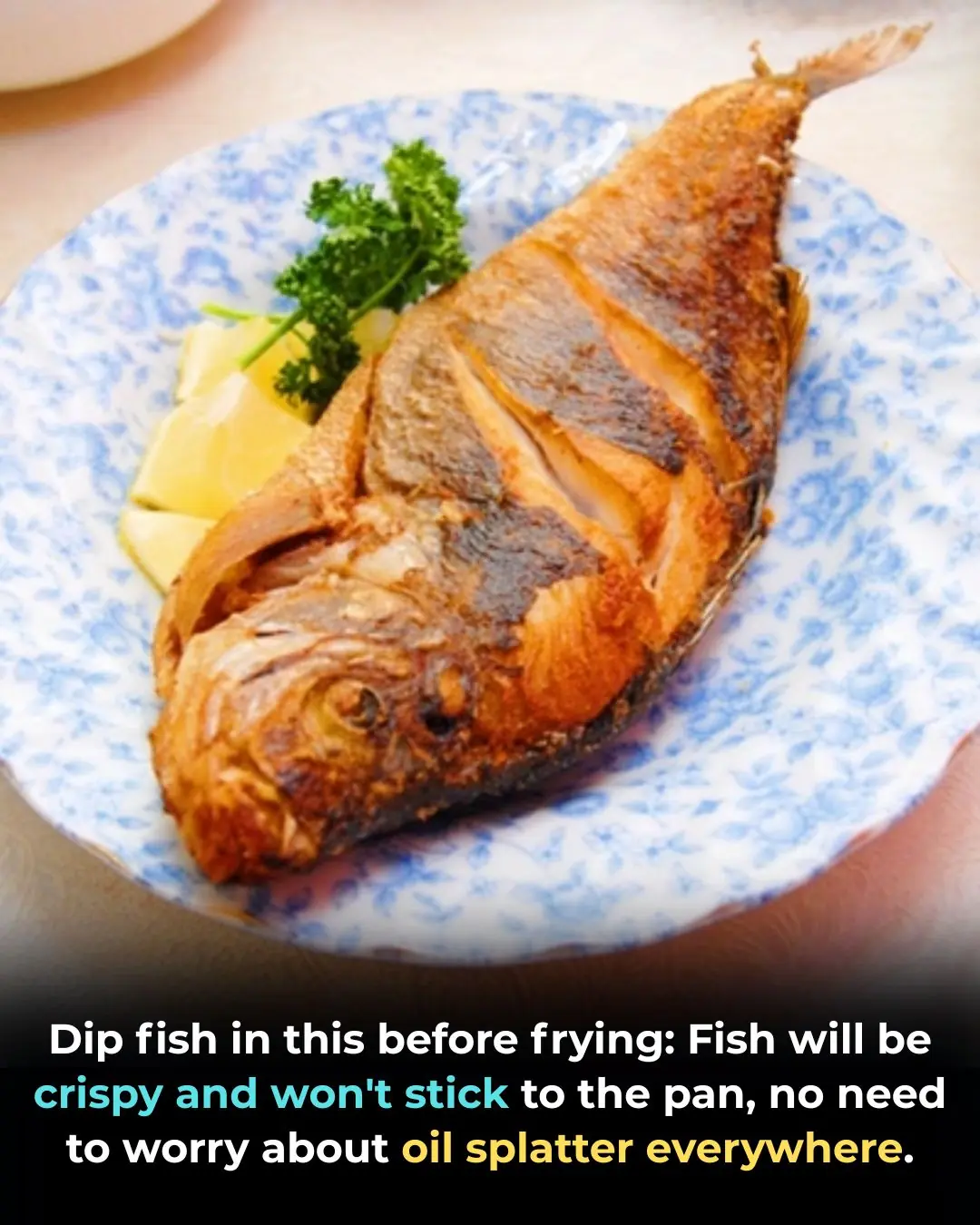
Dip fish in this before frying: Fish will be crispy and won't stick to the pan, no need to worry about oil splatter everywhere.

White vinegar and dish soap: Perfect for removing stubborn stains

Gordon Ramsay shares update after revealing skin cancer diagnosis: ‘It was a scare’

Kelvin Fletcher and wife Liz share Fletchers’ Family Farm update as they admit they’re ‘expecting’ little lambs
